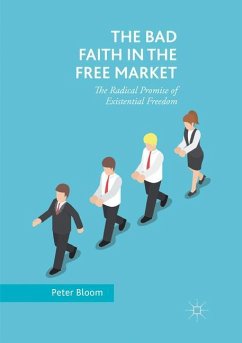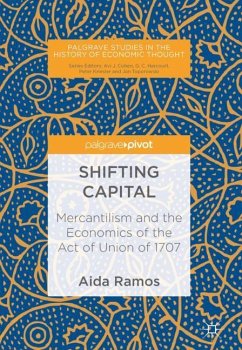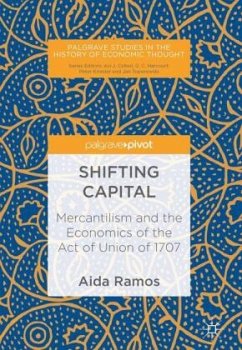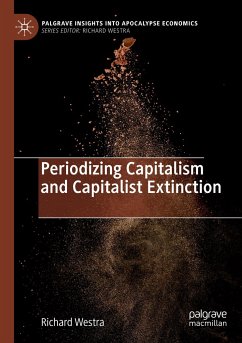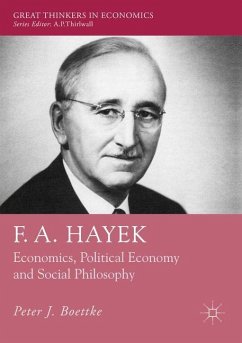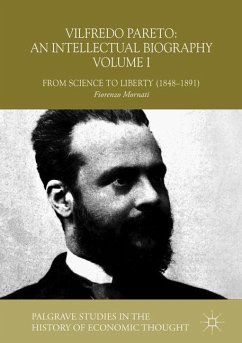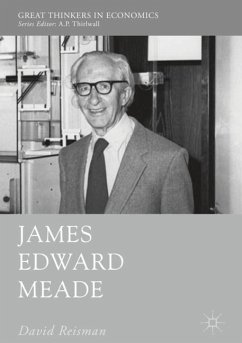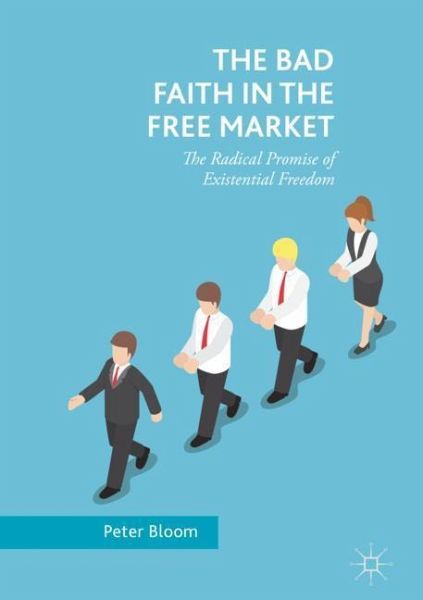
The Bad Faith in the Free Market
The Radical Promise of Existential Freedom
Versandkostenfrei!
Versandfertig in 6-10 Tagen
76,99 €
inkl. MwSt.
Weitere Ausgaben:

PAYBACK Punkte
38 °P sammeln!
Innovatively combining existentialist philosophy with cutting edge post-structuralist and psychoanalytic perspectives, this book boldly reconsiders market freedom. Bloom argues that present day capitalism has robbed us of our individual and collective ability to imagine and implement alternative and more progressive economic and social systems; it has deprived us of our radical freedom to choose how we live and what we can become.Since the Great Recession, capitalism has been increasingly blamed for rising inequality and feelings of mass social and political alienation. In place of a deeper li...
Innovatively combining existentialist philosophy with cutting edge post-structuralist and psychoanalytic perspectives, this book boldly reconsiders market freedom. Bloom argues that present day capitalism has robbed us of our individual and collective ability to imagine and implement alternative and more progressive economic and social systems; it has deprived us of our radical freedom to choose how we live and what we can become.
Since the Great Recession, capitalism has been increasingly blamed for rising inequality and feelings of mass social and political alienation. In place of a deeper liberty, the free market offers subjects the opportunity to continually reinvest their personal and shared hopes within its dogmatic ideology and policies. This embrace helps to temporarily alleviate growing feelings of anxiety and insecurity at the expense of our fundamental human agency. What has become abundantly clear is that the free market is anything but free.
Here, Bloomexposes our present day bad faith in the free market and how we can break free from it.
Since the Great Recession, capitalism has been increasingly blamed for rising inequality and feelings of mass social and political alienation. In place of a deeper liberty, the free market offers subjects the opportunity to continually reinvest their personal and shared hopes within its dogmatic ideology and policies. This embrace helps to temporarily alleviate growing feelings of anxiety and insecurity at the expense of our fundamental human agency. What has become abundantly clear is that the free market is anything but free.
Here, Bloomexposes our present day bad faith in the free market and how we can break free from it.





